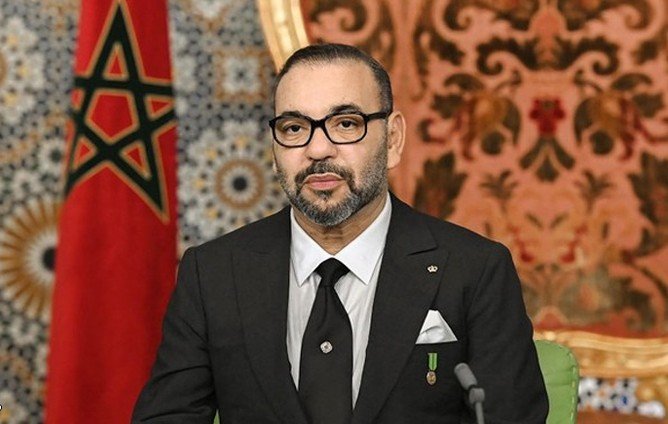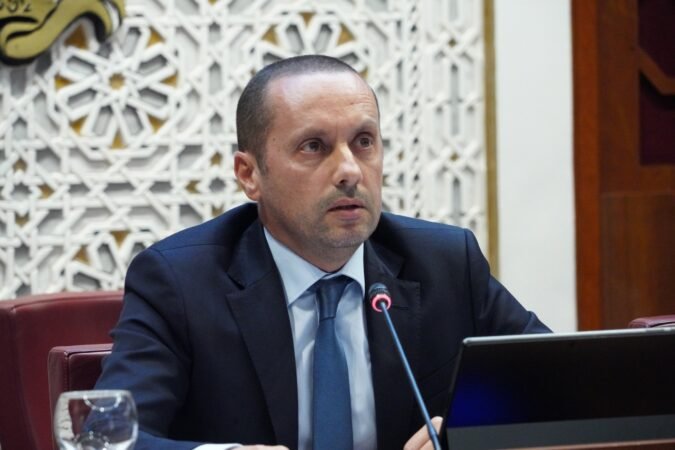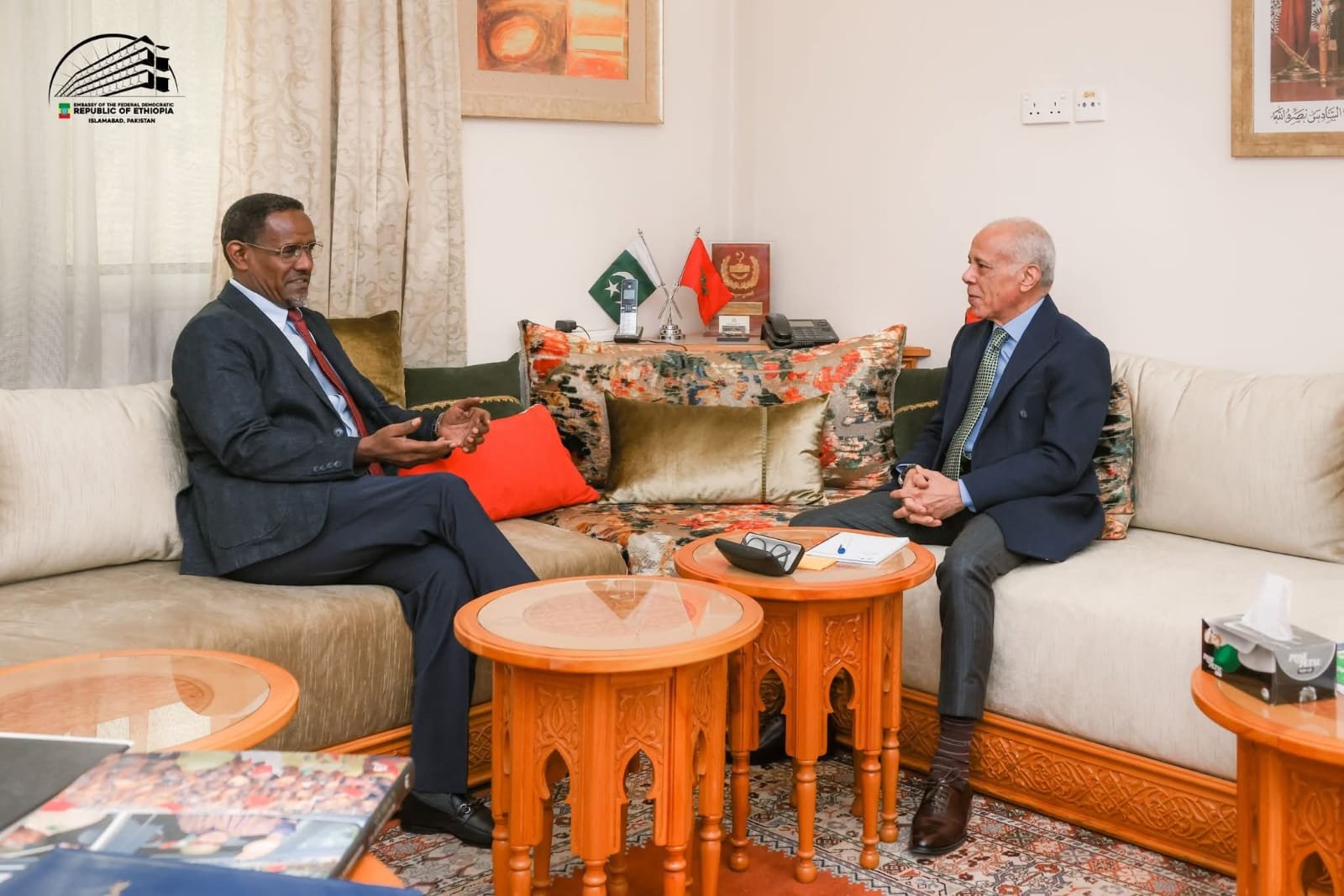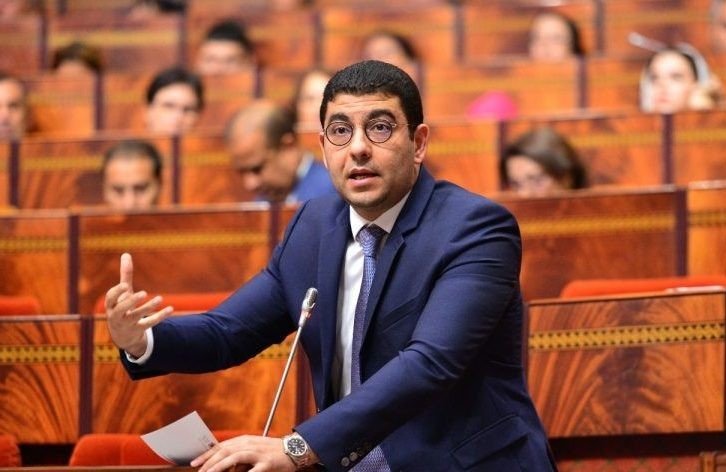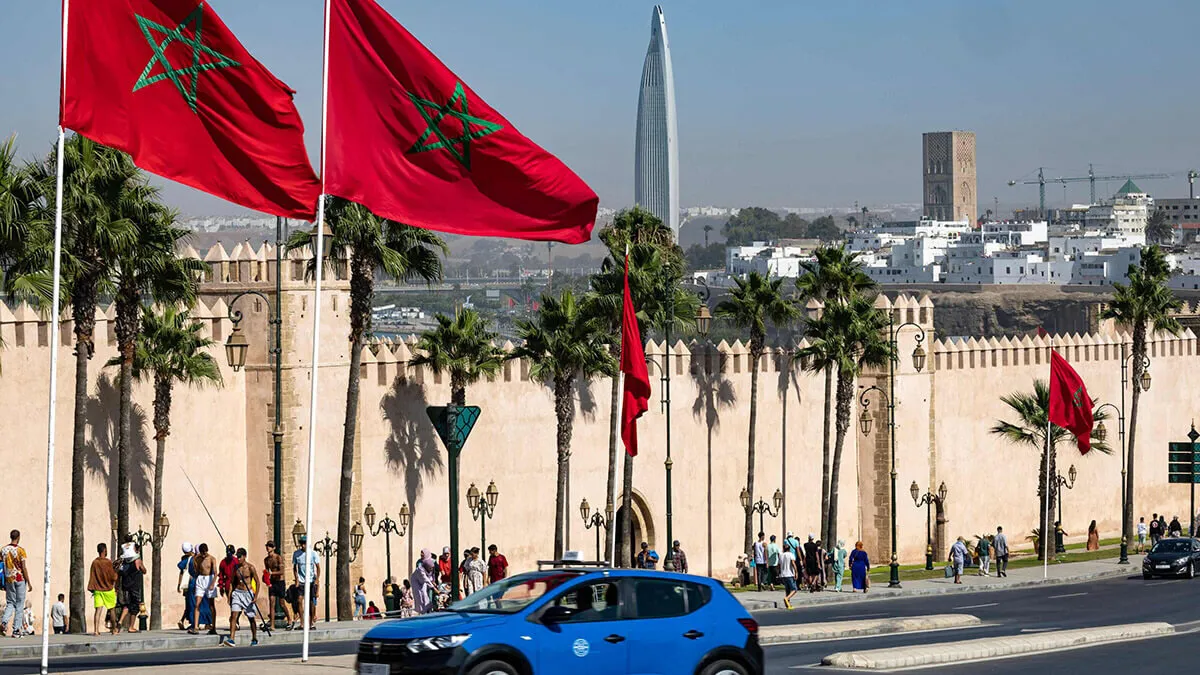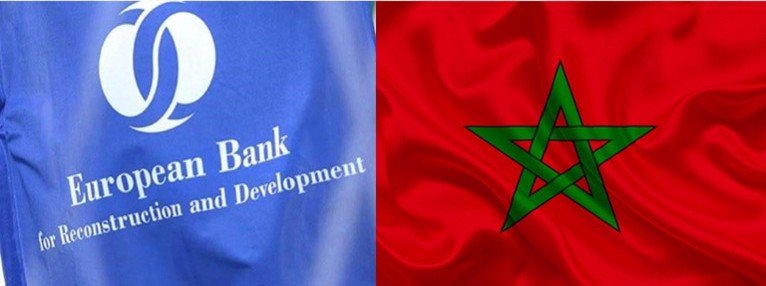Rabat, November 13, 2025 – The Europe Today: Morocco’s Minister of Agriculture Ahmed Bouari has announced that the government has successfully transferred MAD 1.45 billion (approximately $145 million) directly to more than 352,000 livestock farmers in just five days, marking a significant reform in the country’s agricultural subsidy distribution system.
Speaking during a session of the House of Representatives on Tuesday to review the Ministry of Agriculture’s 2026 budget, Minister Bouari revealed that between November 5 and 10, eligible farmers received support for animal feed and the first installment of financial aid aimed at preserving female sheep and goats.
A New and Transparent Subsidy Framework
The newly introduced direct payment mechanism replaces a decades-old system in which subsidies were distributed in the form of animal feed or barley. Under the previous model, the government spent about MAD 1 billion ($107 million) annually, a process often criticized for creating inequities in distribution.
According to Bouari, the ministry has processed more than 715,000 farmer applications through the national support fund, with 60 percent of applicants already notified of their eligibility via text messages. To date, the government has credited 488,000 bank accounts with payments.
“We achieved in five days what previously took a full year,” Bouari remarked, underscoring the efficiency and transparency achieved through direct financial transfers. He further emphasized that 90 percent of beneficiaries are small-scale farmers, calling the initiative “unprecedented governance in agricultural aid.”
Water Scarcity and Agricultural Adaptation
Bouari also addressed Morocco’s worsening water crisis as the country faces its seventh consecutive year of drought. Severe water shortages have prompted the government to prioritize urban water supply to major cities such as Rabat, Casablanca, Marrakech, and Settat.
“There can be no agriculture without water,” Bouari said, acknowledging delays in drinking water infrastructure projects. He noted that agriculture currently utilizes only 420 million cubic meters of water for irrigation—about 8 percent of the sector’s total requirement of 5 billion cubic meters.
The minister highlighted the toll of the drought on agricultural production, with citrus growers having uprooted nearly 35,000 hectares of trees due to insufficient irrigation. Nevertheless, he projected a 55 percent increase in citrus output this year, spanning 125,000 cultivated hectares.
Sustaining Food Supply and Future Planning
Despite the climatic and logistical challenges, Bouari assured lawmakers that national markets remain adequately supplied, attributing this resilience to the achievements of the Green Morocco Plan. He anticipated that olive production would reach 2 million tons this year, eliminating the need for imports.
Looking ahead, the minister reaffirmed the government’s commitment to expanding seawater desalination initiatives, describing them as crucial for ensuring Morocco’s long-term water and food security.
“We are working within a coherent national framework, guided by a vision extending to 2050,” Bouari concluded. “A nation that does not control its food cannot control its decisions.”

